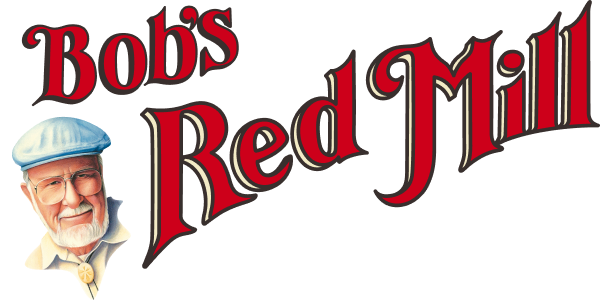


 Is cassava flour good for you? Aside from cassava flour being simple to use, it also boasts several nutritional benefits. We've rounded up a few dietary benefits that cassava flour is known for.
Is cassava flour good for you? Aside from cassava flour being simple to use, it also boasts several nutritional benefits. We've rounded up a few dietary benefits that cassava flour is known for.
 Fiber is one nutrient that's crucial to a well-balanced diet. Great for maintaining gut health, cassava flour contains 2 grams of fiber per cup. Eating a diet rich in dietary fiber will help add bulk to your stools, making digestion a lot easier. Fiber also helps regulate the body's use of sugars. Because of this, a diet high in dietary fiber will often keep you fuller for longer.
Fiber is one nutrient that's crucial to a well-balanced diet. Great for maintaining gut health, cassava flour contains 2 grams of fiber per cup. Eating a diet rich in dietary fiber will help add bulk to your stools, making digestion a lot easier. Fiber also helps regulate the body's use of sugars. Because of this, a diet high in dietary fiber will often keep you fuller for longer.